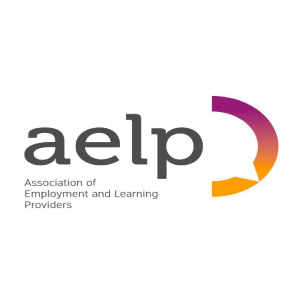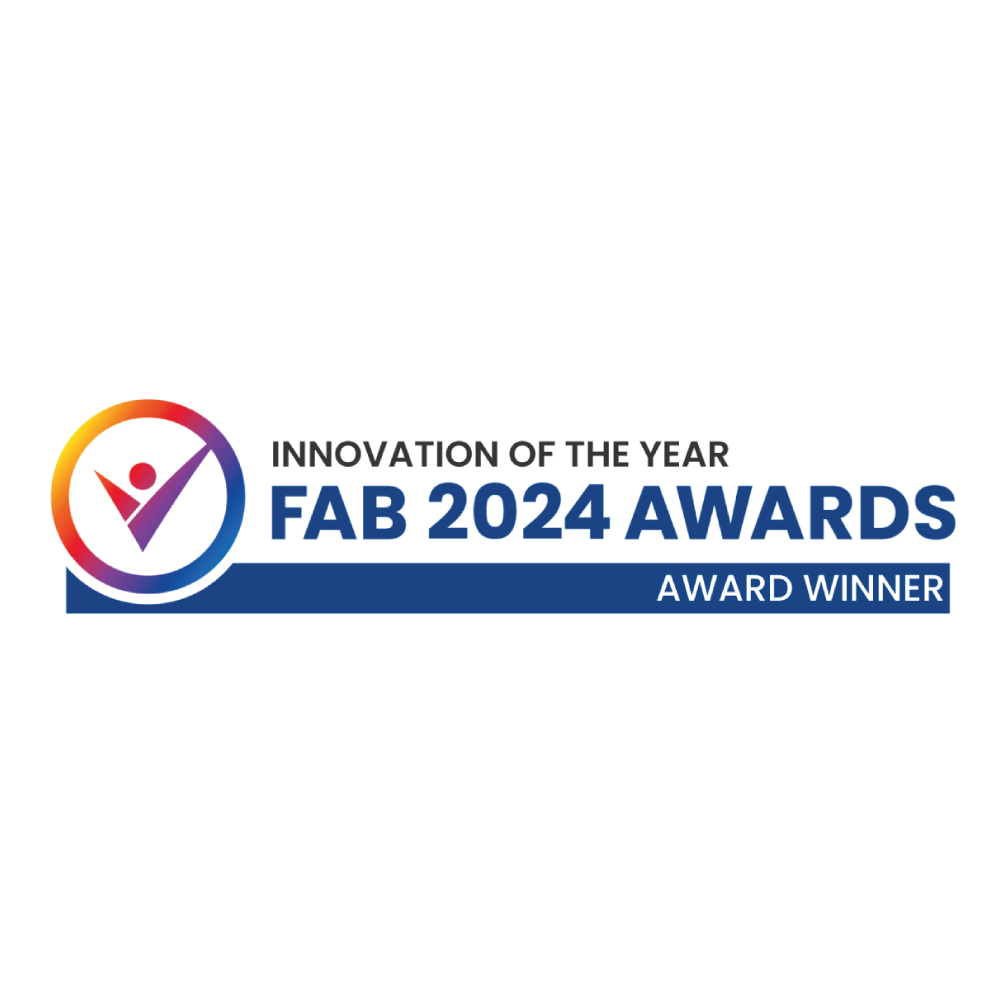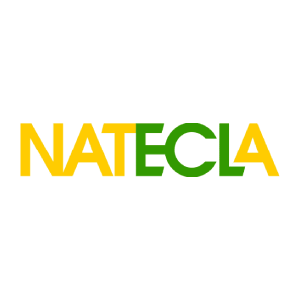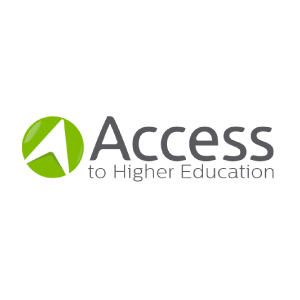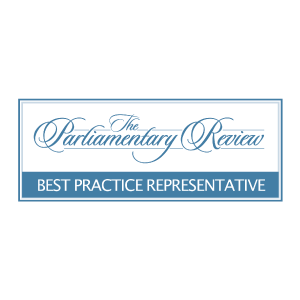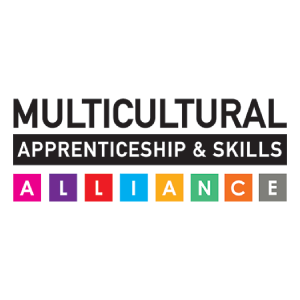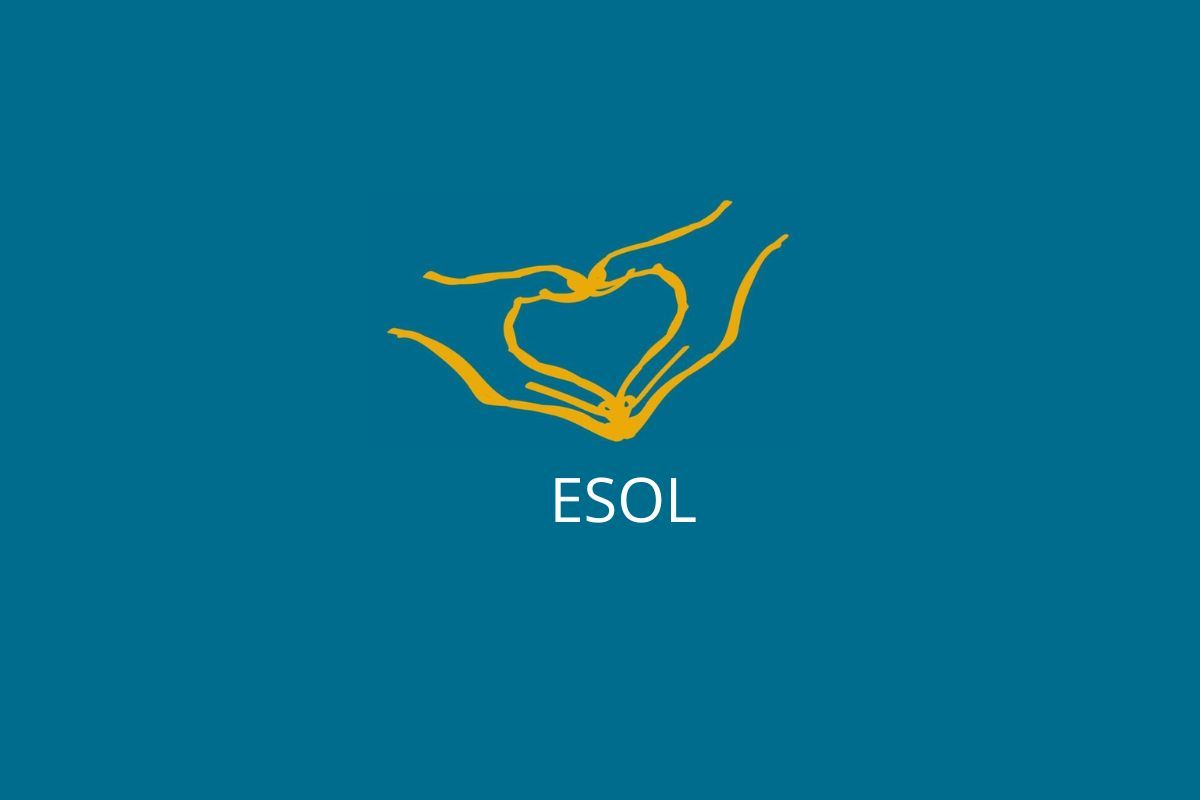
Celebrating 30 Years in Skills for Life
Ruth Simons talks about her journey in ESOL Skills for Life over the last 30 years.
This week marks a career milestone for me. It is exactly 30 years to the week that I first stepped tentatively into an Adult Education classroom and taught my first Basic Skills class as a professional teacher. Back then, every class had not just mixed levels, but mixed subjects, and in each group we taught English, ESOL and Maths, with every learner having their own individual learning plan and individual learning materials. It was exhausting, and impossibly difficult.
Then in 1999 came a new approach; The Moser report identified 19% of working age adults with low or very low literacy/language skills and there followed a national strategy and a well-resourced plan to address adult literacy, language and numeracy needs in the UK. Soon after, I published my first article in Basic Skills magazine and worked for the Basic Skills Agency promoting an exciting new development – “ICT based learning”. Heady days!
The new Adult Core Curricula and teaching strategies, and a renewed focus and investment in teacher training, brought Skills for Life to national attention and the result was better quality provision, reaching many more learners. I also worked with Learndirect in its infancy, piloting online assessments in English and Maths, and from 2003 to 2010 I worked with the Learning and Skills Improvement Service, delivering and leading CPD programmes in Skills for Life, Functional Skills and e-Learning across London and the south.
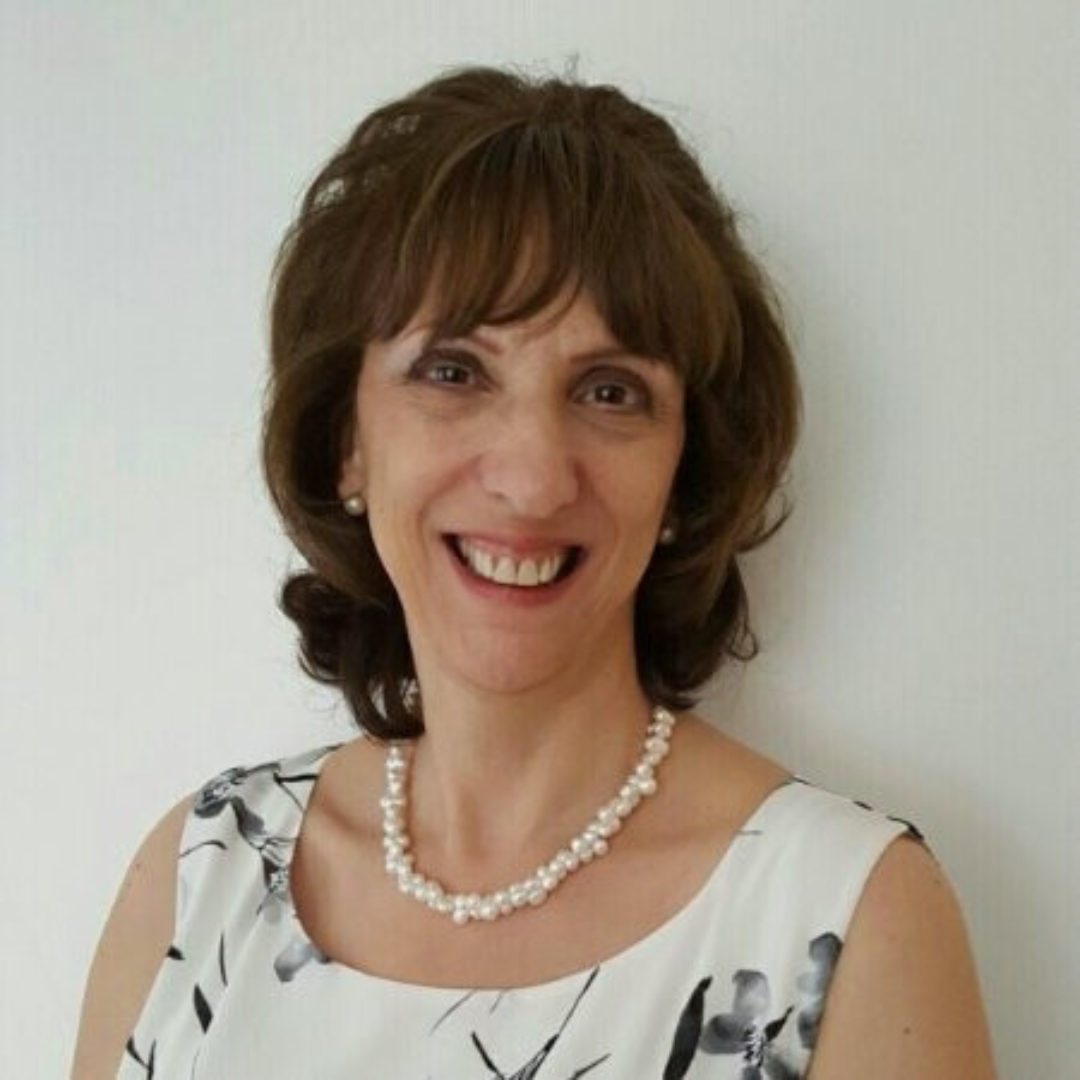
During these times I met many incredible hardworking teachers and inspirational managers across London who became my community of practice, my professional colleagues, and my friends. I learned how enriching it is to be part of a teaching community that learns together, shares experience, and supports each other.
After 2010, the mood in the sector definitely changed. I returned to Adult Education, where I taught and managed Functional Skills English, ESOL and EFL. Year on year funding cuts and reductions in teacher training followed, whilst workloads and demand for courses constantly increased. Nonetheless, it was rewarding, working together with an excellent team of hardworking and dedicated teachers. I loved the classroom and relished working with such determined learners who had all overcome their own challenges and difficulties to be there. But by 2015 the OECD survey of Adult Skills identified that there were still 16.4% of working age adults with low or very low literacy/language needs and the available provision just wasn’t meeting local or national needs sufficiently.
In 2018 I joined Ascentis as an External Quality Assurer. It is a fantastic role that enables me to continue developing my skills and again share my knowledge with a wide community of teaching professionals. Within Ascentis we have amazing teams of professionals who work very hard to support centres and help learners succeed, and this, together with our well-designed qualifications, has led to our becoming the largest provider of ESOL qualifications in the UK. We have an incredible team of experienced and knowledgeable EQAs and it is a pleasure to me that in our current EQA team there is a teacher I worked with in College 30 years ago, a teacher I mentored on a CPD programme that contributed to my Masters Degree 20 years ago, and a teacher that I collaborated with in a regional sharing practice group 10 years ago.
As an EQA I get to have a helicopter view of ESOL provision across many different providers and I continue to share practice and develop teachers’ competences in assessment through observations, EQA visits and webinars. Working across London and nationally I am still part of that wonderful community of practice, and I hugely value and enjoy the opportunity to meet with old and new friends and colleagues at Ascentis’s regular ESOL quality meetings and conferences, and events run by other organisations such as the fantastic Natecla.
2024 finds me optimistic about Adult language and literacy learning again. After the recent general election, I hope we will see a renewed focus on adult language and literacy learning. In the last census in 2021, 1,040,000 adults said they couldn’t speak English well, or at all, and in the following academic year 2022/23, just 290,190 ESOL achievements were recorded nationally, most of them at Entry Level. So, there is clearly still a lot to do.
We know there are enormous economic and social challenges in the country, We also know that ESOL learning helps second language speakers become capable of making significant contributions to the economic and social wellbeing of communities and the country. We need to support them to be able to make that contribution.
So, this week finds me in a reflective mood. I’m immensely proud of what I have achieved in the last 30 years, but I know there is still more to do. I also know that in doing my bit I will continue to be supported and nurtured by the amazing community of professionals that I am so happy to be a part of. I also know that the valuable work we all continue to do will be appreciated for the difference it makes to learners’ lives all over the UK.
References:
https://www.education-uk.org/documents/moser1999/moser-report.html
https://dera.ioe.ac.uk/id/eprint/7187/7/ACF35CE_Redacted.pdf
https://literacytrust.org.uk/parents-and-families/adult-literacy/what-do-adult-literacy-levels-mean/
https://www.oecd.org/en/about/programmes/piaac.html
https://www.ons.gov.uk/census https://explore-education-statistics.service.gov.uk/find-statistics/further-education-and-skills
